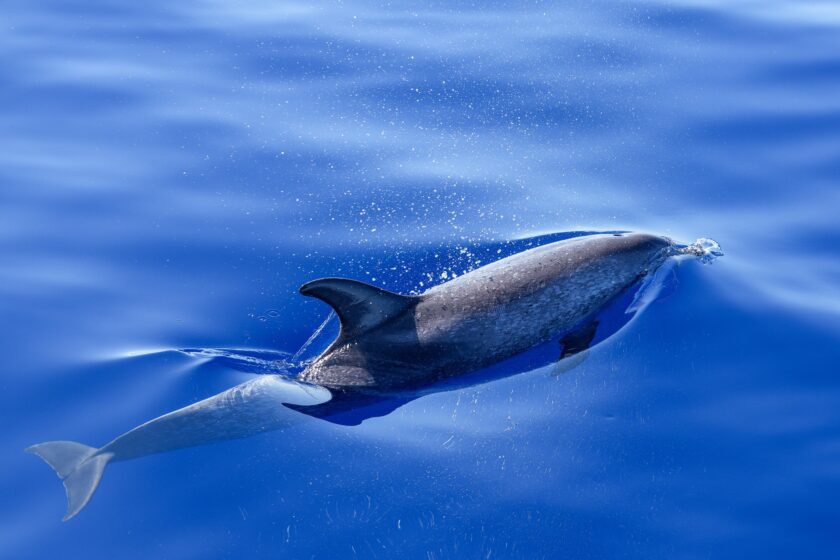
Elba Island is more than just beaches and hiking trails—it’s the beating heart of marine biodiversity in the Mediterranean. Located within the Pelagos Sanctuary, a protected area for marine mammals, the island has become a key destination for responsible wildlife observation.
A Summer of Sightings and Environmental Awareness
In summer 2025, the Tuscan Archipelago National Park successfully relaunched its High Quality certified whale watching program, attracting 790 participants, including 162 children and teens. Departing from Marina di Campo aboard the Mickey Mouse motorboat, the excursions were led by a marine biologist and Park Guide, who offered scientific insights into the animals and marine ecosystems encountered.
Over 130 Dolphins Spotted: A Remarkable Season
The 20 summer outings yielded thrilling encounters: over 130 dolphins, mostly bottlenose dolphins and striped dolphins, were observed—often with calves, and sometimes in large groups swimming near fishing boats or riding the boat’s bow wave. Several individuals were identified and cataloged, supporting a participatory approach to marine wildlife monitoring.
Whales, Turtles, and Seabirds: A Thriving Ecosystem
The sightings went beyond dolphins: in June, two fin whales were spotted off Capo Enfola, along with tuna, swordfish, flying fish, loggerhead sea turtles (Caretta caretta), and many marine bird species, including Manx shearwaters, Scopoli’s shearwaters, and European shags. The Archipelago’s waters revealed themselves to be a true reservoir of marine life, rich in species and ecological dynamics.
A Natural Lab for Climate Change Monitoring
The Tuscan Archipelago is also a crucial climate change observation site. The CLAPS project (Climate Adaptation Pelagos Sanctuary) collects and analyzes data through shared monitoring protocols to track how climate shifts are affecting marine ecosystems.
Protecting the Sea Through Conscious Tourism
The Park’s message is clear: the sea is not just a scenic backdrop, but home to more than 8,500 marine species. Certified whale watching proves to be an effective tool for environmental education, combining emotion, learning, and conservation. It’s a call to experience the sea with respect, playing an active role in preserving its natural wonders.